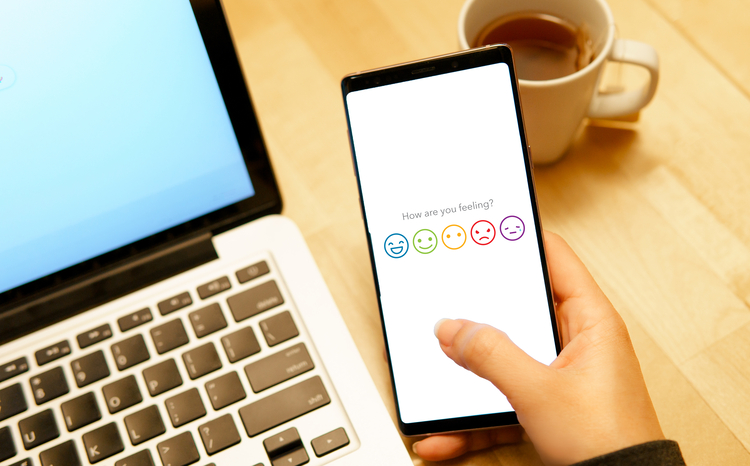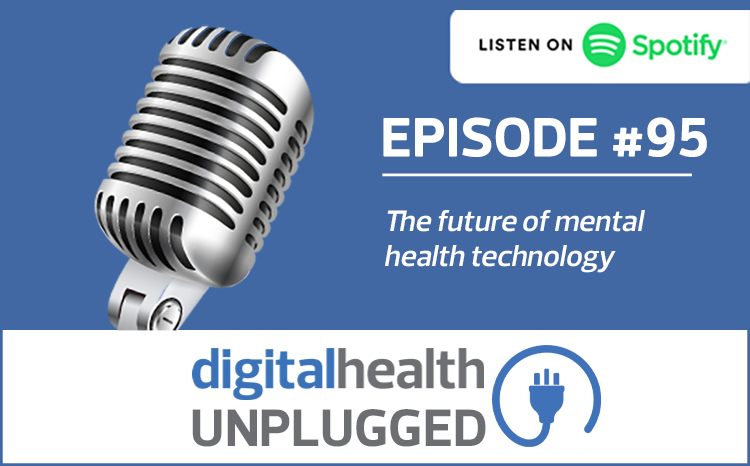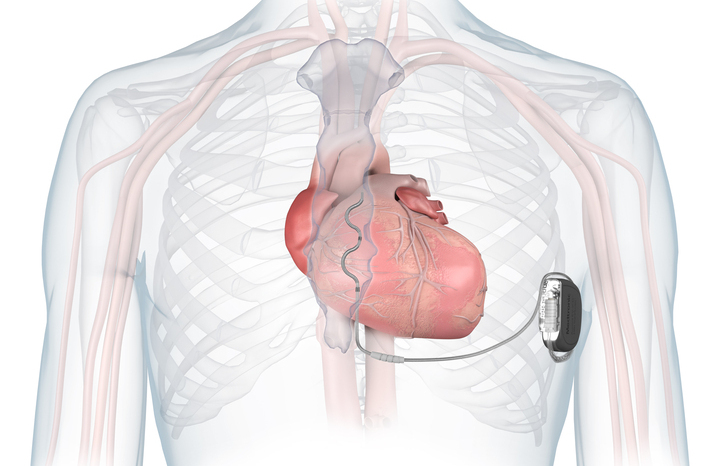Digital mental health technologies could save NHS time, says NICE
- 19 September 2024

- Recommended digital therapies for mental health conditions could free up thousands of NHS therapists' hours, according to NICE
- It said that demand for NHS talking therapies has reached “an all-time high”
- Using digital therapies could save almost 2,500 therapist hours per 1,000 people for social anxiety disorders, evidence shows
The use of recommended digital therapies for mental health conditions could free up thousands of NHS therapists’ hours, according to the National Institute of Health and Care Excellence (NICE).
In a press release, published on 19 September 2024, NICE said that demand for NHS talking therapies has reached “an all-time high”, with 1.82 million referrals in 2023/24, compared to 884,000 in 2012/13.
There are seven digitally enabled therapies recommended by NICE to treat depression and anxiety disorders in adults, which can be accessed online or through apps. These can be used in NHS talking therapies while more evidence is generated on their clinical and cost-effectiveness.
Figures from NICE’s rapid assessments, which compared digital technologies to face-to-face therapy, found that digitally enabled therapies for anxiety disorders could potentially save around 6,000 therapist hours and depression technologies around 6,800 therapist hours per 1,000 people in NHS talking therapies in England.
Mark Chapman, director of the health technologies programme at NICE, said: “Mental health services are facing record demand, and these digitally enabled therapies can help the NHS get support to more people faster.
“Our rapid assessments show they have promise and the additional evidence collected during this period will help us make sure that they are clinically effective and represent good value for money for the taxpayer.”
Evidence from current practice provided by NHS England and analysed by NICE indicates that digital therapies recommended for post-traumatic stress disorder (PTSD) could save more than 5,000 hours of therapist time per 1,000 people.
Also, using digital therapies could save almost 2,500 therapist hours per 1,000 people for social anxiety disorders.
NICE recommends four digital technologies that can help children and young people with feelings of anxiety or low mood, and another four technologies for people with psychosis: three digital therapies to help manage symptoms or prevent relapse in adults, and a virtual reality technology to treat severe agoraphobia in patients aged 16-years-old and over.
They are early value assessments and can be used while more data is being collected on their clinical and cost-effectiveness.
Professor Chris Hollis, specialist committee member and chair of child and adolescent psychiatry and digital mental health at the University of Nottingham, said: “Digital mental health over the next decade will embrace new technologies including artificial intelligence, wearables, and extended reality.”
Claire Murdoch, national director for mental health at NHS England, added: “The pandemic led to rising pressures, with more people than ever before now in contact with mental health services.
“NICE-recommended digital therapies can increase the support available to people where appropriate, alongside therapists, and help NHS staff to provide care in a flexible and timely manner.”
Research commissioned by NICE and the Medicines and Healthcare products Regulatory Agency, published in May 2024, found that patients thought that digital mental health technologies should be used as part of a wider treatment package alongside regular therapy sessions and/or prescribed medication.





